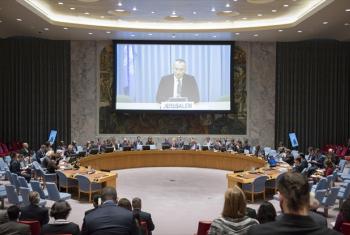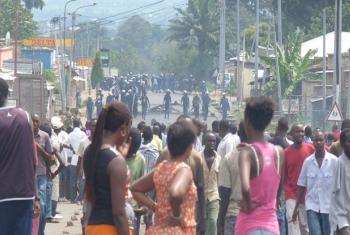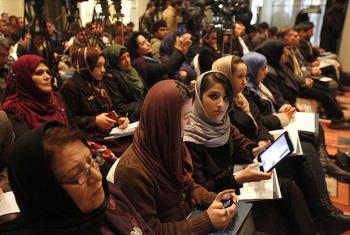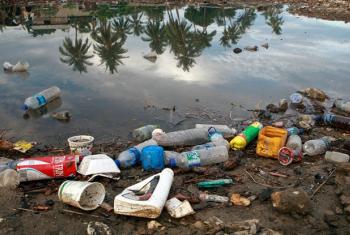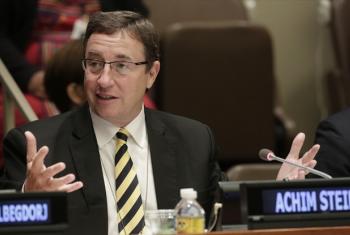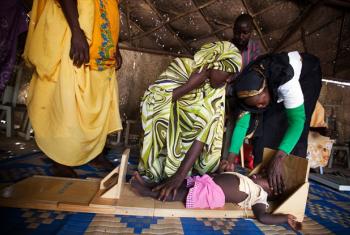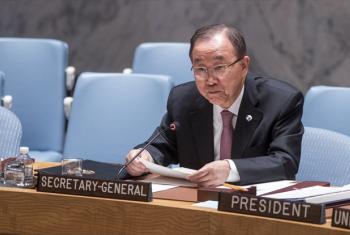Hebron now “epicentre of violence” in Israel-Palestine unrest
The “epicentre of violence” in on-going clashes between Israelis and Palestinians has moved from Jerusalem, to the West Bank city of Hebron.
That’s according to Nickolay Mladenov, UN Special Coordinator for the Middle East Peace Process, who briefed the Security Council on Thursday.
He said that due to developments on the ground across Israel and the Occupied Palestinian Territories, any return to peace negotiations were a “challenging prospect.”

